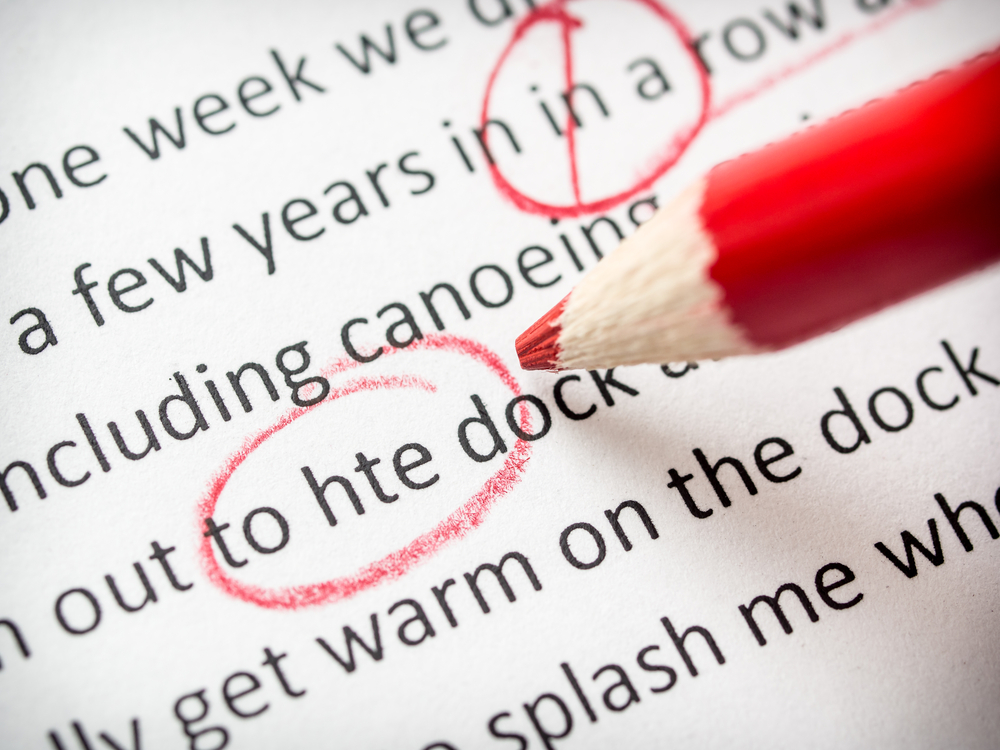
Say you’ve finished writing a book—congrats! You’ve made a few editing passes through it, roped a few of your friends and relatives into reading it, gotten their feedback, and tweaked it into what you think is an acceptable form to show to the world at large. Maybe you’ve even queried a handful of literary agents and received either “Thanks but no thanks” rejections or (more likely) radio silence.
[A note about agent queries: rejections via silence are becoming the new normal…which I don’t totally understand, since copying and pasting a two-sentence form rejection e-mail and hitting the send button should take no more than 30 seconds, but whatever. Having said that, agents know you’re querying a bunch of other agents at the same time—that’s standard—so if they’re interested in your work they’ll jump on it quickly. Therefore, if you don’t hear back from an agent query within about a week, the answer is almost certainly no. Feel free to cross them off your list. They may send you the aforementioned two-sentence form rejection letter three months later, for some reason.
In fact I was going to write a whole post about how to query agents, but since I’ve gotten a positive response exactly one time ever out of 100+ submissions, I figured I wasn’t the best person to advise other people about the topic. I’m almost at the point where I advise not querying agents at all, given the chances of success are vanishingly small compared to the work you’ll put into the endeavor, and instead to self-publish everything and wait for agents to come to you if they’re so inclined. I’m almost there, but not quite yet. I’ll let you know when that happens.]
Anyway, so you’re at a point where you intend to self-publish. A big question a lot of authors ask themselves is: do I need a professional editor to go through my manuscript?
TLDR answer: Probably not.
Long answer:
Most other writers—and the writing-adjacent community, aka people trying to sell you something—will tell you pro-editors are critical. And it’s undeniably true a pro-editor will make your book better. But here’s the thing: pro-editors are expensive. Your average freelance pro-editor will run you $1,000 – $3,000, depending on the size of your manuscript. A service you pay for should be judged by the return-on-investment (ROI) you get for your money.
For self-publishing, that ROI should be measured in book sales. For instance—if you spend $2,000 on a pro-editor, your book sales should increase by at least $2,000 of profit.
In order to maximize your ROI, you want to hit a threshold of quality your readers expect without going over—like the final showcase on The Price Is Right! (Win that new washer-and-dryer, Kia Soul, and trip to Scotland, dammit!)
So, bringing it back to the question at hand: do you need a pro-editor? The answer depends on two things: 1) What’s the threshold of quality your readers expect from your genre? and 2) How good of a writer are you in general?
Concerning question 1: the cold-hard truth is most readers in most genres aren’t super-sensitive to quality. As long as your prose is grammatically correct, flows okay, and doesn’t have more than a small handful of typos, you’re probably fine. Rather than hiring an expensive copy editor, unless your prose is total trash you can get by with auto-editors like Grammarly and WordRake.
Concerning question 2: if you’re not a decent and/or experienced writer, and your beta readers are pointing out major problems with your manuscript, then rather than hiring an expensive editor to make your ugly baby beautiful you should pause your publication plans and study the craft. However, if you are an experienced writer with a good grasp on wordsmithing and storytelling techniques, and you’ve gotten useful feedback you’ve incorporated into your manuscript, then dropping a bunch of cash on a pro-editor to make some fine-tuning tweaks is probably not worth the money.
Here’s the financial reality: let’s say you sell your e-book on Kindle Unlimited (KU) for $2.99 (an average price), netting 70% royalties (standard for e-books in this price range). Assuming you spent ~$2,000 on a pro-editor, in order to simply break even (or in math-speak to have an ROI of 1.0 – above 1.0 and you’ve made money; below and you’ve lost money) you’d need to sell 2,000/(2.99 x 0.7) = 956 extra copies than you would have otherwise without the editor’s help. Since most newbie authors are lucky to get anyone other than their mom and close friends to buy their book, that’s unlikely to happen. To make things worse, if you want to price your book competitively at 99cents, with royalty rates of 35% (per KU), you’ll need to sell 2000/(0.99 x 0.35) = 5,772 (!) extra copies to break even. If you don’t have a large established fanbase already, this is simply not going to happen.
The answer, then, to whether you need a professional editor for your manuscript is probably no. I might suggest a pro-editor once, if you’ve never had one, simply to recognize the kinds of things they look for and to understand your craft better in general. But after that, don’t waste your money.
The overall moral of the story is this: just because something is better doesn’t mean it’s worth more. And what something is worth depends on the market for that product, not its objective quality.
[One more note about quality—there are of course a few things whose worth is directly proportional to their quality; musical instruments and computers, for instance. This is definitely not true of books, however. A novel by Tolstoy and one by Dan Brown cost the same, with the medium on which it’s delivered being the biggest price point factor (yes I’m throwing Dan Brown some shade – I don’t regret it!). This is why you need to be very careful spending big money on improving the quality of something when quality does not significantly affect its price point. You gotta be coldly pragmatic in this business! …But don’t loose all hope – if Dan Brown can be a bestseller, then so can you!]
